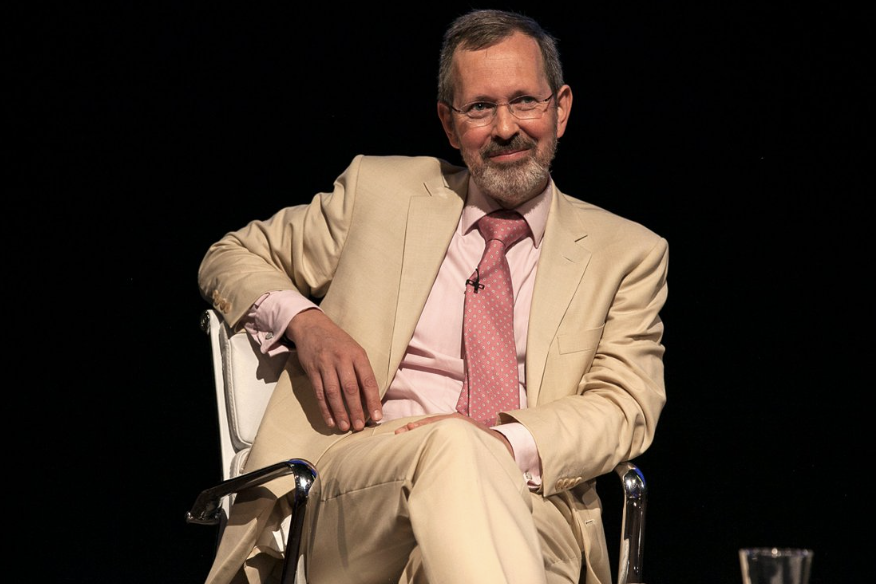A Charity Commission investigation has criticised a family of trustees of a heritage charity after it emerged they used its funds to buy a mansion and then live in it rent free.
They also used charity funds to purchase “high value cars” for their personal use, the regulator found.
The Commission's investigation details how Manor Building Preservation Trust, which was set up to renovate historic properties for the public to enjoy, had bought 17th century Grade II Listed manor house Goldington Hall, Bedfordshire, in 2010.
But the regulator found that despite being bought by the charity, three of its trustees, Cyril Smith, his son Matthew Smith and daughter in law Mariya Smith, as well as other family members, lived rent free in the manor from 2011 for several years.
During this time the renovation was completed in 2014, “and there was no legitimate reason why the trustees and their family members continued to reside in the property after that date”, said the Charity Commission.
The Smith family also ran up thousands of pounds worth of utility costs during their stay in the mansion that were paid for by the charity and never reimbursed.
The Charity Commission’s inquiry identified £18,000 of spending on power and £12,841 in phone and internet charges.
The trustees told the Commission that their stay in the Hall was “a form of security service: in that it was kept in use”.
“However, an alternative security arrangement could have been implemented and the Hall opened to the public under the supervision of the charity,” the Commission found.
Amid their concerns around the Smith families’ running of the charity, the Commission appointed an interim manager, who sought to remove them from the mansion.
Their eventual eviction was backed by the courts in 2018. This was not contested by Matthew and Mariya Smith who left the property a day prior to the court hearing.
Meanwhile, Cyril Smith left the property the following year, following an unsuccessful counterclaim.
Bentleys and Land Rovers
The regulator also found that charity funds were used to buy and maintain high value cars, including Bentleys and Land Rovers. These were registered by trustees and used “for private benefit with no, or very little benefit to the charity”.
The trustees also incurred just under £18,000 in “entertaining expenses with little or no evidence” that this benefited the charity.
An additional £20,000 of expenses on travel and subsistence was also identified, with “no information to evidence the amounts reimbursed to the trustees for the travelling costs”.
The Charity Commission also noted that the charity made an aborted attempt to buy a 9th century castle in Granada in Spain.
“When asked by the inquiry the trustees were unclear as to whether the purchase was intended to further the charity’s objects or to acquire an investment property," said the regulator.
The Charity Commission’s inquiry found serious misconduct and mismanagement at the charity and evidence of “significant personal benefit with the trustees living at the Hall” which was being treated “as their family home”.
Removed from register
Last year all three members of the Smith family were removed as trustees from the charity. No action was taken against a fourth trustee, who was appointed after the mismanagement and misconduct occurred.
This year the charity was removed from the charities register. Its assets have since been transferred to the Landmark Trust.
The manor house, which includes 1.55 acres of land, as well as three kitchens and six reception rooms, has since been sold. Its market price was £1.5m.
The regulator added: “Trustees have a legal duty to ensure that their charity’s funds are applied solely and reasonably in furtherance of its objects.
“Therefore, in order to show that they are complying with their legal duties, trustees must keep records and an adequate audit trail to show that the charity’s money has been properly spent on furthering the charity’s purposes for the public benefit.”
Latest News
-
Charities Aid Foundation appoints new chair
-
Humanitarian charity appoints former Macmillan fundraising chief to senior role
-
Béatrice Butsana-Sita: Building a strategy for an uncertain world
-
New initative launched to bridge charity AI skills gap
-
BT calls on charities to make the switch to digital
-
Toxic culture driving charity staff out of the sector, survey finds
Charity Times video Q&A: In conversation with Hilda Hayo, CEO of Dementia UK
Charity Times editor, Lauren Weymouth, is joined by Dementia UK CEO, Hilda Hayo to discuss why the charity receives such high workplace satisfaction results, what a positive working culture looks like and the importance of lived experience among staff. The pair talk about challenges facing the charity, the impact felt by the pandemic and how it's striving to overcome obstacles and continue to be a highly impactful organisation for anybody affected by dementia.
Charity Times Awards 2023
Mitigating risk and reducing claims

The cost-of-living crisis is impacting charities in a number of ways, including the risks they take. Endsleigh Insurance’s* senior risk management consultant Scott Crichton joins Charity Times to discuss the ramifications of prioritising certain types of risk over others, the financial implications risk can have if not managed properly, and tips for charities to help manage those risks.
* Coming soon… Howden, the new name for Endsleigh.
* Coming soon… Howden, the new name for Endsleigh.
Better Society

© 2021 Perspective Publishing Privacy & Cookies









Recent Stories